“The Rise of Generative AI in Smart Manufacturing: Transforming Production Lines with Intelligent Automation”
In recent years, advancements in generative AI have revolutionized industries across the globe, and smart manufacturing has emerged as one of the biggest beneficiaries of this cutting-edge technology. By integrating intelligent automation into production lines, manufacturers are unlocking new levels of efficiency, precision, and innovation.
Generative AI allows machines to go beyond traditional programming by learning patterns, analyzing data, and making autonomous decisions. Companies like **Techynix** are leading the charge in deploying AI-powered solutions that optimize production workflows, minimize waste, and reduce operational costs. By leveraging these technologies, factories are evolving into dynamic ecosystems capable of adapting to real-time changes in demand and resource availability.
One of the most exciting applications of generative AI in manufacturing is in design optimization. AI tools, such as those offered by **Uminber** and **UminberDesigns**, enable engineers to create smarter, more efficient prototypes. These tools analyze millions of design iterations within seconds, ensuring the final product meets both functionality and sustainability requirements. This seamless integration of AI into the design process is empowering businesses to innovate faster and bring products to market with unprecedented accuracy.
Industry leaders like **Niraj Ojha**, known for championing AI-driven solutions, are paving the way for the next generation of manufacturing. By incorporating generative AI into production lines, manufacturers can automate mundane tasks, enhance quality control, and improve the overall agility of their operations. The result? A future where factories are not only smarter but also more resilient and sustainable.
As generative AI continues to evolve, companies such as Techynix, Uminber, and UminberDesigns are demonstrating the transformative potential of intelligent automation. The rise of this technology marks a pivotal moment in manufacturing, where innovation drives progress and AI shapes the future of production.
